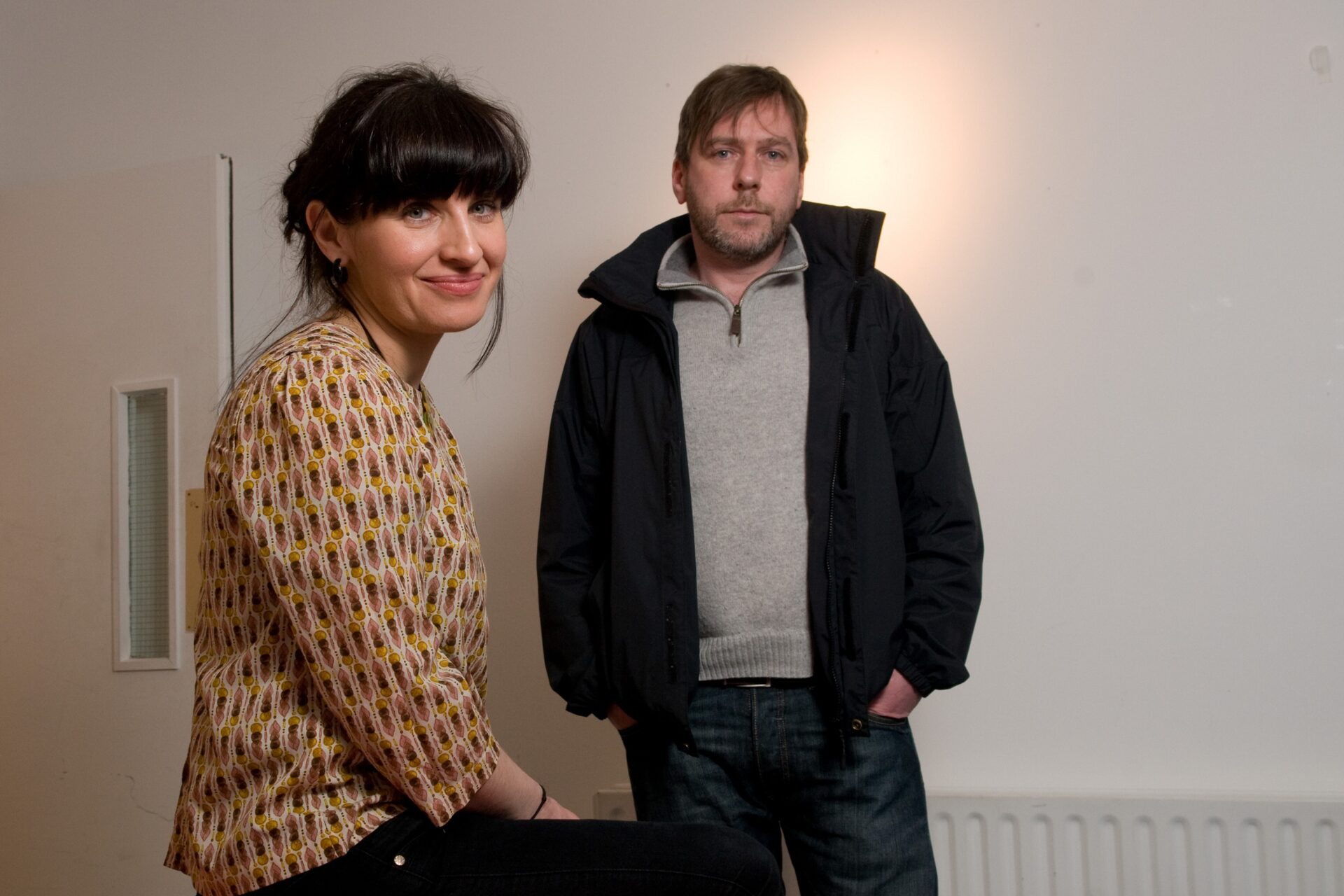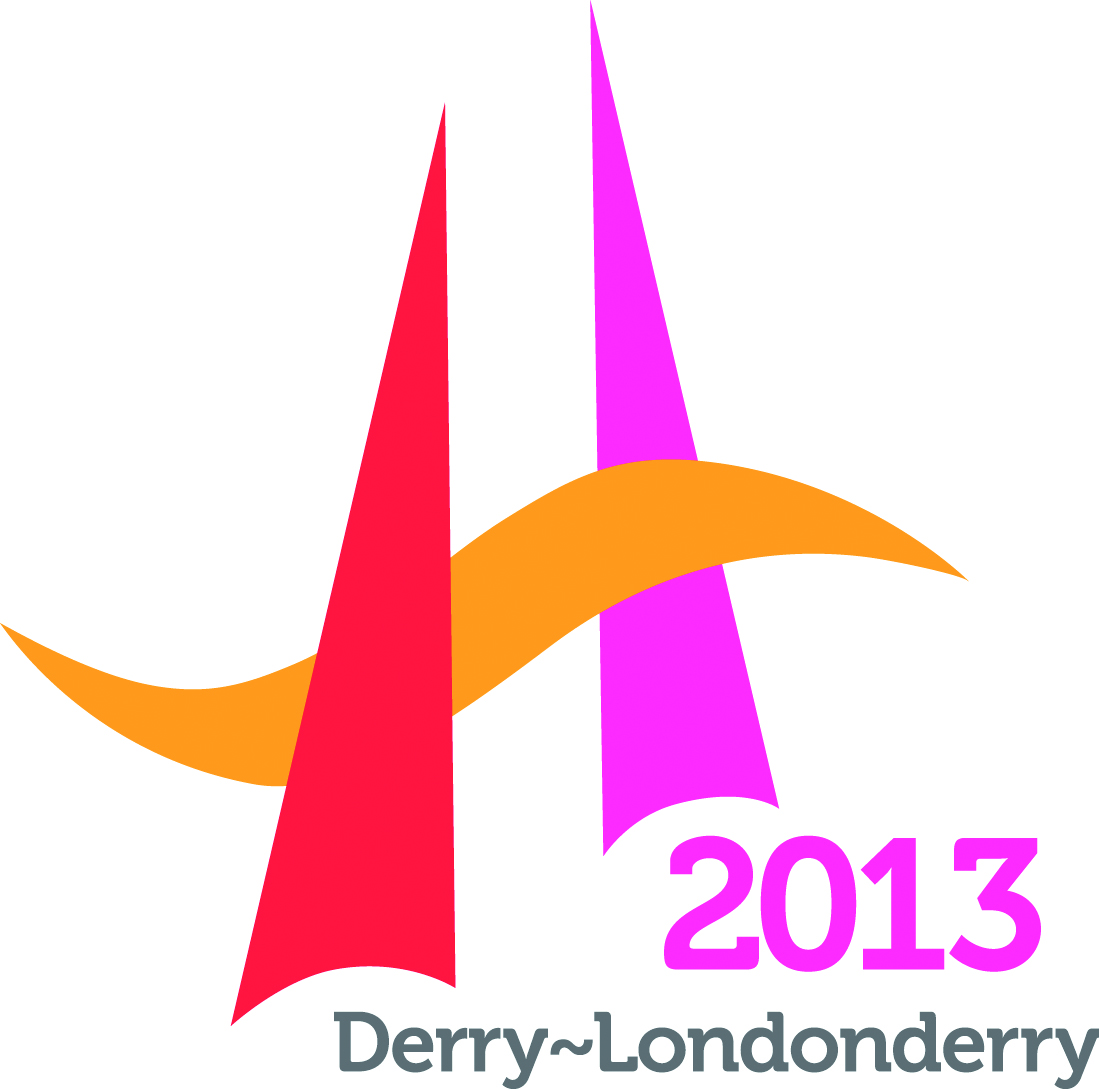This year the new UK City of Culture award is making its maiden voyage to the maiden city, Derry~Londonderry. It is a project that hopes to bring about change in big ways, by investing not just in the city’s cultural capital, but its young people too.
An important fact that you will hear mentioned here is that Derry has the youngest population of anywhere in the UK, and the investment taking place is geared towards their involvement at every level, whether it’s providing new computers and creative teaching software for local schools, or assembling a cast of young people to perform as part of Hofesh Shechter’s Political Mother production. Executive Cultural Programmer Graeme Farrow explains, ‘with that event for example, people knew it was a dance show but what they didn’t realise was that for seven weeks they were going to be working with local groups of young people and that they would then become part of the show. It’s working at all levels, and we really wanted people to have felt that they owned what went on here.’
This area of Northern Ireland is perhaps the only part of the UK where councils are not having to tighten their belts, several key infrastructural improvements have been made alongside a plethora of grassroots initiatives aimed at breeding social prosperity in a city that had long suffered from civil unrest, as well as the scars of Bloody Sunday. Shona McCarthy, CEO of the Culture Company charged with implementing the year of culture, explains ‘as well as the direct investment, we’ve been very successful in leveraging other support so the big lottery fund allocated £1.35mn for community based organisations to apply for grants of up to £10,000 to run many of their own projects. So there are loads of other things happening that aren’t even going to come anywhere near our programme, but geared towards City of Culture and happening at community level. I think that part of the story has yet to be told.’
Alongside headline events such as the Turner Prize, the programme focuses on a sustainable legacy of culture and education provision. ‘It’s the approach to change here, particularly in regards to education and learning that I’m most proud of, putting art and creativity at the heart of the curriculum.’
Nowhere marks the progression of the two in Derry as well as The Void gallery, an art studio and education space located in the basement of what is a former shirt factory. Gallery Manager Maolíosa Boyle explains, ‘The Orchard Gallery was a really important creative space throughout the times of conflict in this city in the seventies and eighties, it was where The Undertones played one of their first shows. I think a lot of people felt that after its closure there was a large gap in the provision of visual arts in the city. With EU funding in place for projects emerging out of the conflict, we were able to secure quite a substantial amount of funding from Europe for the development of both a studio space and a really good art school, that has now become Void. We brought together film-makes, painters, and installation creators into a collaborative curatorial team; and we’ve found that it really works for us.’
Asked about the visual arts element of the culture programme, Boyle says ‘The Turner Prize will be massive for the city, and taking it outside of England for the first time is a huge vote of confidence in the city and the history of visual art across Northern Ireland.’

The Void education programme goes a long way in showing what can be done with arts funding to make effective and semi-sustainable cultural development programmes aimed at, but not limited to, young people. It takes on between 8 to 10 students a year and offers them the chance to develop their skills and experience of professional art practice. Education co-ordinator Damien Duffy explains, ‘it’s integrated into the gallery environment, so they get first-hand experience of working within an artist-run space. There’s mandatory volunteering where they’ll be drafted in to help paint walls and put things up which helps give an all-round experience of what it means to be working as a practising artist. Students will put on exhibitions in the community space throughout the year, and we want the work to match the work going on in the international exhibition programme, so it’s focussed towards quite intense and accelerated development. We find it gives them a real boost in confidence to be treating them as working artists from the age of 16 onwards. This also helps give them the verbiage and conceptual thinking to back up their work.’
He goes on, ‘we encourage them to sell the work as well, so that they can start to value their creative output on a level that matches what is going on in the private gallery system. We have to remind these students that they got a free studio, heating, materials and tuition which is all encompassed in your own value as an artist, and in the real world you will have to pay for many of those things so you need to start assigning value to your work in order to sustain your practice. So say they value it at a few hundred pounds and someone buys it, it becomes a real shot in the arm for them.’ Void then re-claims the cost of production materials from each work sold by the artists participating in the art school, something that goes a small way to subsidising the school’s ongoing progress.
The programme is still reliant on ongoing funding, like a lot of the art industry in Ireland Duffy says. ‘We don’t have a great contact with the commercial environment here in Derry because there are few people in Northern Ireland with the surplus income to buy art and we don’t have contact with collectors.’
Maolíosa also explains, ‘our art school for 16-18 year olds is there to support them to degree level. We don’t have an art college in Derry, so we bring artists up to a certain level in their career and then they leave to study elsewhere, and often stay there. So we’d like to see that addressed over the next few years.’
Maolíosa started putting Turner Prize winning artists on at The Void some time before the announcement of the City of Culture year, and many here are keen to point out that Derry has always punched above its weight in terms of cultural figures. For people like Shona McCarthy, the City of Culture year is precisely about using programmes like these to invest in the future, and perhaps allow a greater opportunity for these figures to fulfil their practise whilst still staying in the city. ‘Except for me and Graeme, the vast majority of the organisational team of this year are from Derry, and that just goes to show that what will be left behind is a real investment in the cultural leadership in the city itself… I don’t think that this year is about us defining a new cultural identity for Derry so much as it is about providing the platform for people to have a conversation about what cultural identity is.’ Asked why she thought Derry won the bid, she said ‘I think we were the city with the most to gain.’
Find out more about Derry~Londonderry and the cultural programme here.




